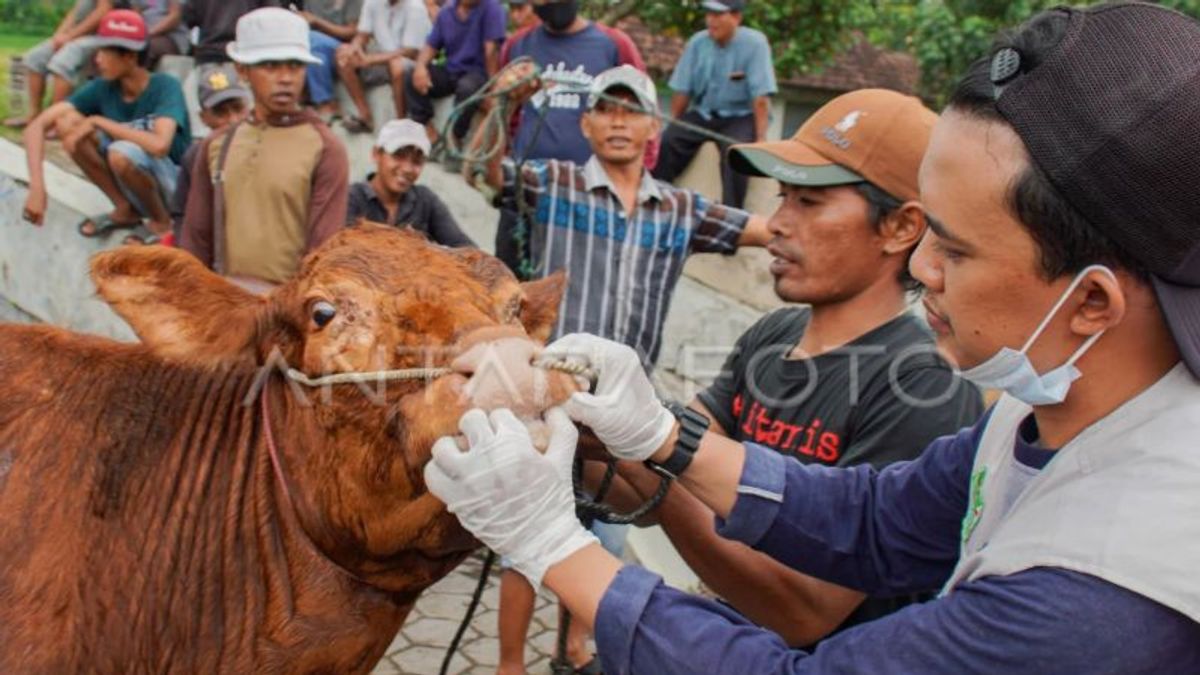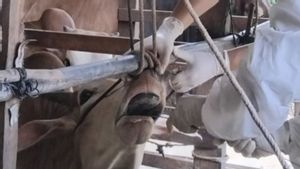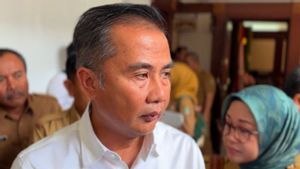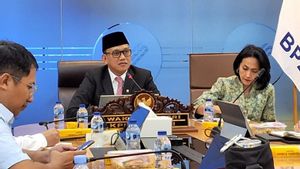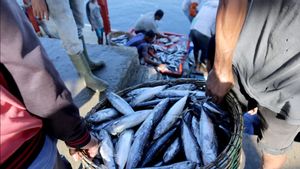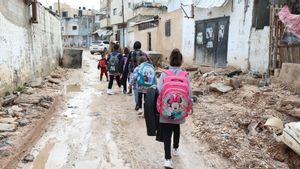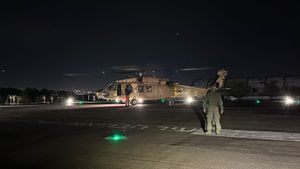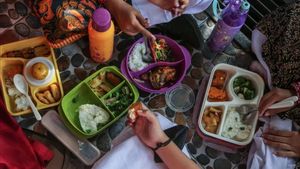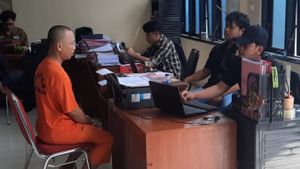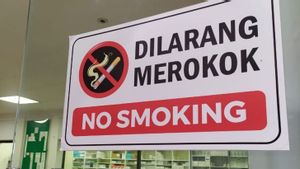YOGYAKARTA - The Yogyakarta Special Region Government (DIY) has proposed 100 thousand doses of vaccine to the Ministry of Agriculture to accelerate the handling of cases of mouth and nail disease (PMK) in livestock in this province.
Head of the DIY Agriculture and Food Security Service (DPKP) Syam Arjayanti said vaccination was a priority step considering the situation in the PMK case in DIY is still increasing and has the status of being infected.
"We proposed 100 thousand doses. Yesterday, the ministry promised that if it was applied, it would be given again," said Syam when confirmed in Yogyakarta, Antara, Tuesday, January 14.
The vaccine, which was proposed on Monday, was focused on cattle, considering that the livestock was most infected with PMK compared to goats and sheep.
He explained that the distribution of vaccines would be prioritized for four districts, namely Bantul, Kulon Progo, Gunungkidul, and Sleman. The city of Yogyakarta is not a priority, because until now there are still zero cases with a small cattle population.
"Hopefully we can receive this vaccine in the next few days, so we speed up vaccinations and hopefully we will continue to get additional vaccines from the Ministry of Agriculture," he said.
Based on DPKP DIY data until January 12, 2025, the accumulation of PMK cases in DIY was recorded at 1,915 cases. Of these, 14 exposed livestock were declared cured, 121 dead, and 47 forcibly cut, so that the remaining active cases still reached 1,733, consisting of 1,732 cows and one goat.
Meanwhile, since the case spread in December 2024, 1,185 livestock have been vaccinated.
However, of the total beef cattle population in DIY which reached 285,060 and 2,992 dairy cows, Syam acknowledged that vaccination coverage over the past six months had only reached 16 percent.
To support the vaccination program, the DIY Regional Government is looking for other sources of funding, including from corporate social responsibility (CSR) funds.
According to Syam, several donors have expressed their readiness to support the handling of PMK in DIY. "Even though I don't know the shape, whether it will be in the form of socialization, education or in the form of medicines, including vaccinations," he said.
The high mobility of livestock, said Syam, is one of the obstacles in maintaining PMK vaccination coverage in DIY. He hopes that in the future the PMK vaccine can be more accessible, so that farmers can vaccinate independently.
Based on an epidemiological study from national veterinary authority (POV) officials, said Syam, the situation of the PMK case in Yogyakarta was infected.
This status was determined through the Decree of the Minister of Agriculture of the Republic of Indonesia Number 708 of 2024 concerning the Status of the Animal Disease Situation.
With the status of being infected, steps such as inter-regional quarantine to stop livestock mobility cannot be implemented. In contrast to when PMK broke out in 2022, which at that time had the status of an epidemic.
However, a number of efforts can be made by increasing biosecurity in cages, giving vitamins, accelerating vaccination, to temporarily closing the animal market when cases are found.
SEE ALSO:
"If the status of the epidemic is really livestock, you cannot go in and out (inter-regional)," said Syam.
The English, Chinese, Japanese, Arabic, and French versions are automatically generated by the AI. So there may still be inaccuracies in translating, please always see Indonesian as our main language. (system supported by DigitalSiber.id)
